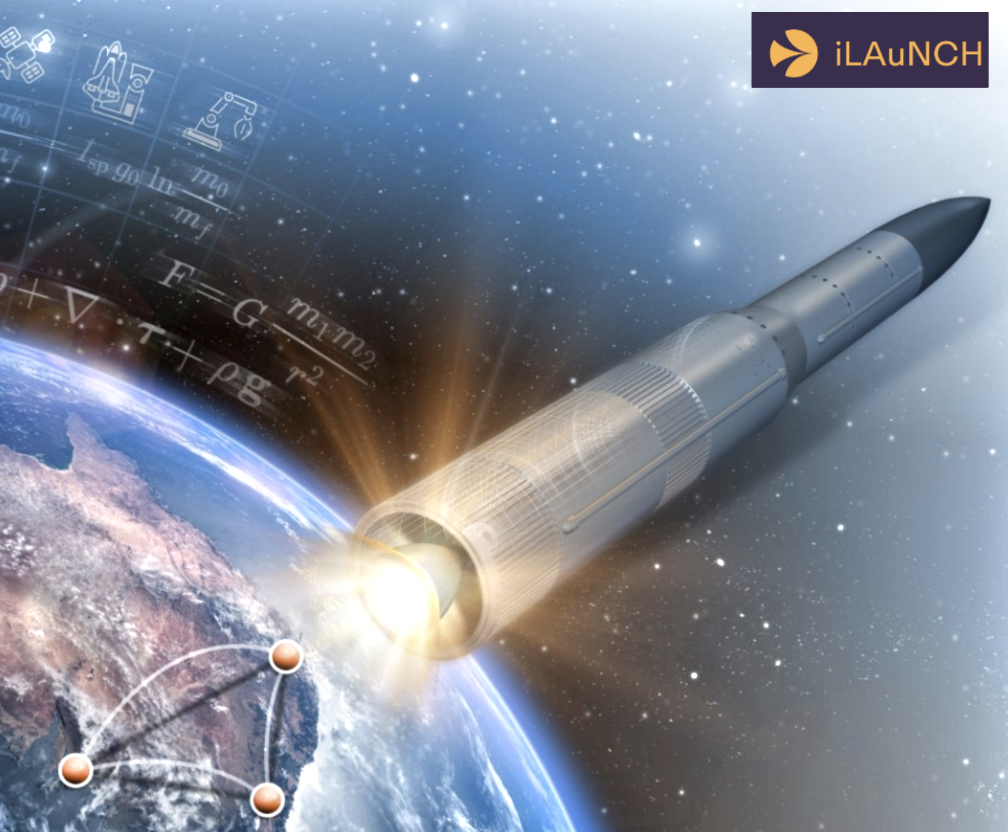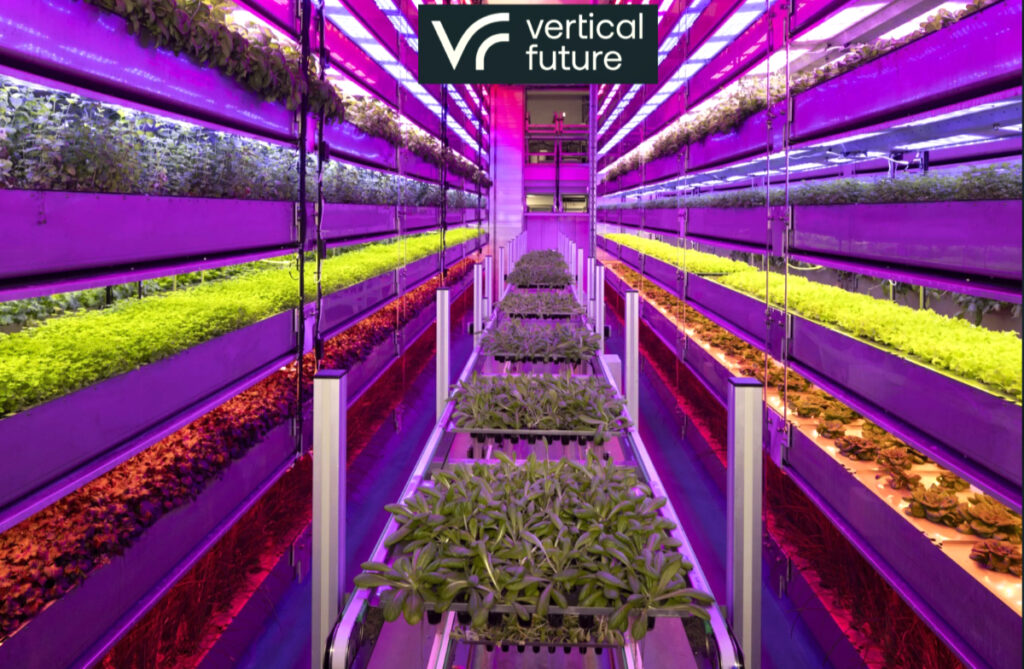
Australian-developed plant monitoring technology will be flown to space in this University of Southern Queensland (UniSQ) led, iLAuNCH Trailblazer project, demonstrating a key technology capability for sustainable plant-based food production in space and on Earth.

Just as agriculture is essential for life on Earth, space crops are anticipated to be an important food source in long-term space missions. Technologies that assist automated food plant production are vital for space and will also have significant commercial applications here on Earth.
This project follows UniSQ’s successful Australian Space Agency-funded research (2021–2022) which pioneered novel plant monitoring algorithms using machine vision, and have been further refined through an autonomous agriculture consortium, Autonomous Agriculture for Space Exploration, led by UK company Vertical Future with funding from the UK and Australian Space Agencies (2024-2025).

Key Project Highlights:
- Machine Vision in Space: UniSQ will demonstrate machine vision algorithms for early detection of plant health, on a unique image dataset of plants growing in the space environment.
- Plant Growth Systems: The University of Adelaide brings expertise in plant stress tolerance biology.
- Hardware Innovation: Yuri Gravity will supply a flight-certified plant growth chamber with imaging capabilities for both spaceflight and ground testing.
- Earth Applications: In collaboration with Australian agricultural business Medicinal Harvest, UniSQ will assess the technology’s commercial benefits for terrestrial Controlled Environment Agriculture (CEA).
Machine vision technology offers enormous potential for plant health monitoring, providing a scalable, automated solution for both space-based food production and terrestrial farming systems.
The project’s objectives include:
- Integrating machine vision with a space-ready plant chamber.
- Capturing images to monitor plant biology and growth in microgravity.
- Demonstrating early detection of plant health issues using machine vision.
- Evaluating the technology’s scalability for commercial CEA applications on Earth.
This iLAuNCH project will deliver a unique dataset of plant growth in microgravity using machine vision, positioning Australia at the forefront of space agriculture technology. This initiative underscores iLAuNCH Trailblazer’s mission to connect industry and academia, pushing the boundaries of space innovation while delivering tangible solutions for Earth-based challenges.
Collaborating with iLAuNCH and UniSQ, alongside esteemed industry partners, provides an incredible opportunity to trial predictive AI in our medicinal cannabis facility. The insights gained from this facility have broad applications across controlled environment agriculture, as the core principle remains the same. At the end of the day, we are cultivating plants, and optimising their growth is key to the future of agriculture, both in space and on Earth,” said Medicinal Harvest Director, Tracey Perez.
Our second collaboration with Axiom Space will focus on advancing a novel plant stress monitoring technique developed by the University of Southern Queensland by testing it in space,” said iLAuNCH Trailblazer Executive Director, Darin Lovett. “The iLAuNCH Trailblazer mission will provide launch capability for machine vision of plant growth, building on UniSQ’s expertise in terrestrial agriculture. In collaboration with Axiom Space, the ARC Centre of Excellence in Plants for Space, and space laboratory company Yuri Gravity, the project will deploy a flight-ready plant growth chamber to advance machine vision technology for monitoring plant development in microgravity. Additionally, the partnership with Australian company Medicinal Harvest will explore the commercial applications of this technology for terrestrial agriculture, further expanding its potential impact.”
UniSQ’s Centre for Agricultural Engineering, with over 30 years of expertise in terrestrial agriculture, recognizes the critical importance of autonomous plant growth monitoring for future sustainable food production systems. Controlled Environment Agriculture technologies are pivotal to addressing food security challenges posed by limited land availability and a growing global population,” said UniSQ Associate Professor Cheryl McCarthy.
Axiom Space is delighted to partner on this effort to advance global efforts toward agriculture in space that translate into benefits for every human, everywhere,” said Axiom Space Chief Scientist, Dr Lucie Low.
